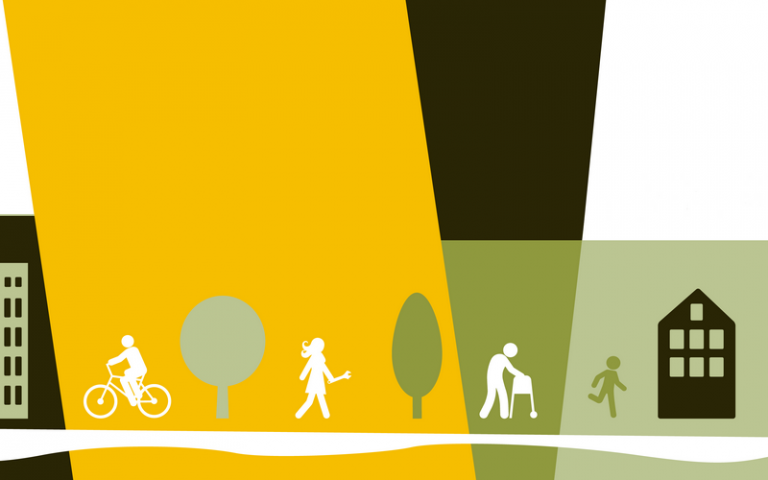Everyday Economy second event
8 July 2021
Join us in this second UCL Everyday Economy event to discuss current participatory action and ‘useful evidence’.

The idea behind researching the ‘Everyday Economy’, is to refocus on how economic activities connect to people and places. Thinking about the Everyday Economy means seeing how value can be sustained in places and paying close attention to the lived realities of people's everyday experiences of the economy.
Through this, a new understanding of the economy emerges, one that accounts for social values, local socio-economic factors, as well as the reproduction of communities; and one that recognises the strengths and vulnerability of places.
Event 2 - 8th June 2021
This second event centres on the types of information or evidence that can be used by people working directly to support everyday economy activity.
The panel of speakers will reflect upon their work and understandings of economic activity, over two sessions. Speakers in the first session will explore what is seen as 'useful evidence' in their work across diverse places. In the second session, speakers will share insights from their place-based work.
Event 1 - 1st June 2021
Our first event focused on research methods for studying the everyday economy.
> access the presentation recordings
Timetable/Schedule
| 4:45pm | Open for Registration |
| 5:00pm-5:05pm | Welcome Dr Lucy Natarajan (UCL, Bartlett School of Planning) |
| 5:05pm–5:35pm | Jane Kennedy (University of Bath, London Prosperity Board) – Evidence for decision-makers Caroline Theobald (First Face to Face) – Connecting lived experience to policy-makers Jessica Cargill Thompson (Urban Research) – Working with local authorities and communities |
| 5:35pm–6:00pm | All participants Q&A and panel discussion |
| 6:00pm–6:30pm | Jessica Prendergrast (Onion Collective CIC) – Systems thinking and community business futures, Watchet, Somerset Dominique Lancrenon (Territoire Europe) – Participatory circular economy and the Effet Papillon, Dunkirk, Hauts-de-France Ross Forbes (Durham Miners’ Association) – A beacon for cultural and ’social capital’ Redhills, Co. Durham |
| 6:30pm–6:55pm | All participants Q&A and panel discussion |
| 6:55pm-7:00pm | Wrap up & Close |
Participants at this Everyday Economy event will be invited to join in discussions with the panels.
Our aim is to promote knowledge exchange about the agency of research participants in shaping places. We continue the mission of the first event - to explore the power of understanding place-based economic experiences - and move on to thinking about the role of everyday economy research in decision-making.
> For a detailed account of the proceedings find here the report from Judith Ryser covering both Everyday Economy Events.
View the presentations
Evidence for decision-makers
Connecting lived experience to policy-makers
Working with local authorities and communities.
Systems thinking and community business futures, Watchet, Somerset.
Participatory circular economy and the Effet Papillon, Dunkirk, Hauts-de-France.
A beacon for cultural and ’social capital’ Redhills, Co. Durham.
 Close
Close

